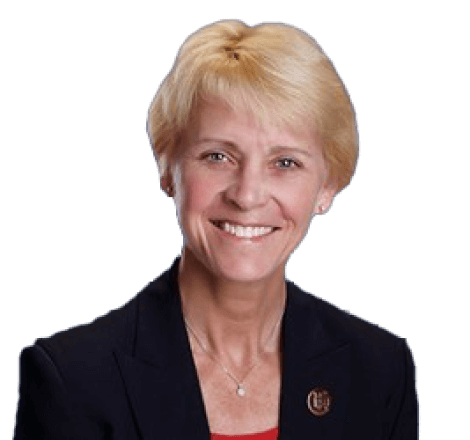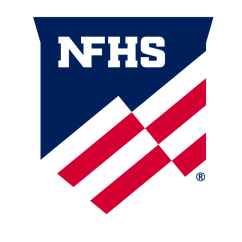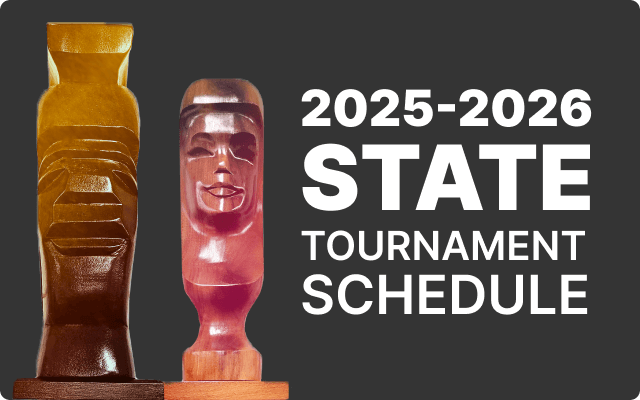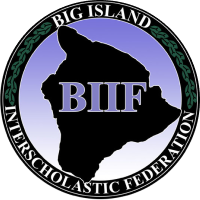The NFHS Voice

 The NFHS Voice
The NFHS Voice
Tracking Life-Changing Events That Occur in High School Sports, Performing Arts
Dr. Karissa L. Niehoff, NFHS Executive Director
Balancing concerns for the physical health of student participants competing in sports and performing arts with the social, emotional and mental health of these individuals if activities were sidelined is the unenviable task of state high school associations, as well as state education, health and government leaders.
It is the reality of the times in which we live – particularly as COVID-19 concerns are on the rise in many states.
We know how important education-based sports and performing arts are for high school students and the consequences that resulted from the total shutdown of these programs last spring. In some parts of the country, students missed opportunities to complete winter sports, had the entire spring sports season cancelled and had fall sports delayed to later in the 2020-21 school year.
So, it is important – if at all possible – for students to have participation opportunities in sports and performing arts. However, as events move indoors, there must be an even sharper focus on risk mitigation efforts. Masks must be worn off the court. Social distancing guidelines must be observed.
We are hopeful that students can participate in winter activities at some level if it can be done safely – even if it means a condensed season. Why is it so important that kids have these opportunities? More so than wins and losses, or even state championships, here are a few reasons.
In an account of a recent football game in Pennsylvania from the Johnstown Tribune-Democrat, Forest Hills High School was leading Greater Johnstown High School by a wide margin as the game was nearing completion. Justin Myers, the Forest Hills coach, saw an opportunity to create a special moment for Yasir “Ya Ya” Robinson, a special-needs player on the Greater Johnstown team.
Myers talked with Bruce Jordan, Greater Johnstown coach, late in the game and said his team wanted to let Robinson score a touchdown. To the delight of both teams and everyone in attendance, Robinson scored on a 55-yard run and followed the touchdown with a two-point conversion run.
In talking with Jordan, Myers said, “Let him score. He probably will never get an opportunity to do that again. He’ll never forget it. Don’t forget that this is about the kids.”
At the Indiana High School Athletic Association state cross country meet last month, Penn High School (Mishawaka, Indiana) runner Ben Boardley saw Faizan Khan, a competitor from Brebeuf Jesuit (Indianapolis, Indiana) High School, fall as both approached the finish. Boardley stopped and helped Khan back on his feet, and then both continued running.
In an article in the Indianapolis Star, Boardley said, “I just kind of saw it and did it. I guess that’s how my parents raised me. They taught me to treat others how I’d want to be treated, and to be helpful when I can.”
In South Dakota, Lance Christensen is a student at Little Wound High School on the Pine Ridge Reservation, which is located in the poorest county in the United States. With the closest golf course 45 miles away in Nebraska, Christensen was a state golf champion last year.
Christensen developed a driving range on a horse pasture at his house and gives golf clinics to kids on the Reservation. He also provides counseling and serves as a youth leader and, despite his challenges, hopes to play golf at the college level.
And since masks are a way of life these days, players and coaches on the Uintah High School (Vernal, Utah) football team decided to turn that requirement into something meaningful. In a recent playoff game, players and coaches wore special masks to raise awareness of missing and murdered indigenous women.
In an interview on KSL-TV (Salt Lake City, Utah), Uintah football coach Justin DeCol said, “We want our players to grow up to be great community leaders, husbands and fathers. It’s our belief that respect for women is vital to this goal, and we are grateful as a program for a chance to bring greater awareness to the challenges facing indigenous women in our area.”
Future opportunities such as these will only be possible if we work together to keep sports and other activity programs activities available for high school students.
Dr. Karissa L. Niehoff is in her seventh year as chief executive officer of the National Federation of State High School Associations (NFHS) in Indianapolis, Indiana. She is the first female to head the national leadership organization for high school athletics and performing arts activities and the sixth full-time executive director of the NFHS. She previously was executive director of the Connecticut Association of Schools-Connecticut Interscholastic Athletic Conference for seven years.









